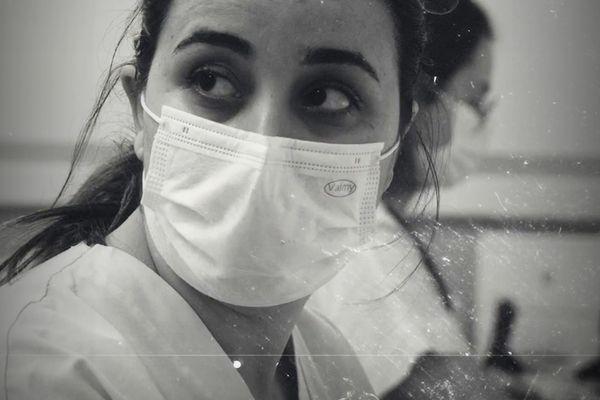To allow everyone access to innovative medicines, the pharmaceutical industry union wishes to relaunch the dialogue with all the players in the health system.

It is with a very patient-oriented promise that Frédéric Collet, the president of LEEM, the pharmaceutical industry union, presented on January 28 his projects for the year 2020 aimed at “transforming the drug policy in France to ensure everyone has access to the treatments of today and tomorrow.”
By affirming that “the decade opens with tremendous therapeutic promises for the French”, Frédéric Collet recalled the major advances which, according to him, must mark the years to come: prospects for healing in important pathologies such as multiple myeloma , sickle cell disease, Duchenne disease or haemophilia, the hope that cancer will be cured by 2030 for three out of four patients and nine out of ten children, the ability to stop the progression of multiple sclerosis, the availability of reliable blood biomarkers and the rise of immunotherapy.
“Can France win the innovation challenge? The answer is yes !”
The boss of LEEM did not hide that these innovations would require dealing with several crucial subjects by “redesigning the course of care and raising the question of patient access to new treatments”. Questions that do not undermine his optimism: “Can France win the bet on innovation, does it have the means to match its ambitions? The answer is yes!”, launched Frédéric Collet.
It is true that the pharmaceutical industry in France generates 54 billion euros in turnover, 50% of which is exported, based on still solid foundations. Our country participates in 19% of clinical trials conducted worldwide in oncology, links are established and functioning between innovative biotechnology companies and large drug companies and, as Frédéric Collet pointed out, public-private partnerships, in particular thanks to the CIR (research tax credit) system, “make it possible to develop discoveries resulting from public research on a global scale and to allow research to benefit from industry funding or to have access to major research programs clinical.”
“Quick and readable marketing conditions”
“In the years to come, innovation in medicine will be a tremendous revealer of the weaknesses of our health system”, however alerted Frédéric Collet, pointing to “a slowness of adaptation and an inability to restore efficiency gains ”. Evils against which the boss of LEEM wishes to act “with all the actors of the system”.
A strategy that goes, he says, through “the reconstruction of the dialogue with the public authorities” and a relaunch of the work of the CSIS (Strategic Committee for Health Industries) of July 2018.
During the latter, the Prime Minister made a commitment in particular to the end of the single indication for medicinal products registered in the ATU register (Temporary authorization for use) which allows their prescription and their reimbursement before MA (marketing authorisation) is issued. He had also promised a reduction to 180 days set by the European Union of the time for bringing new drugs to market, whereas this time is now 503 days from obtaining the European MA, until the publication of the price at Official newspaper, defining the support rate.
“We have not yet settled the question of evaluation”, deplores Frédéric Collet, who wishes that the framework agreement between the LEEM and the CEPS (Economic Committee for Health Products) “integrate the practical consequences of the arrival of new therapeutic solutions that will call for innovative financing mechanisms”, the objective being to “guarantee rapid and clear marketing conditions for drugs providing therapeutic progress.”
.

















